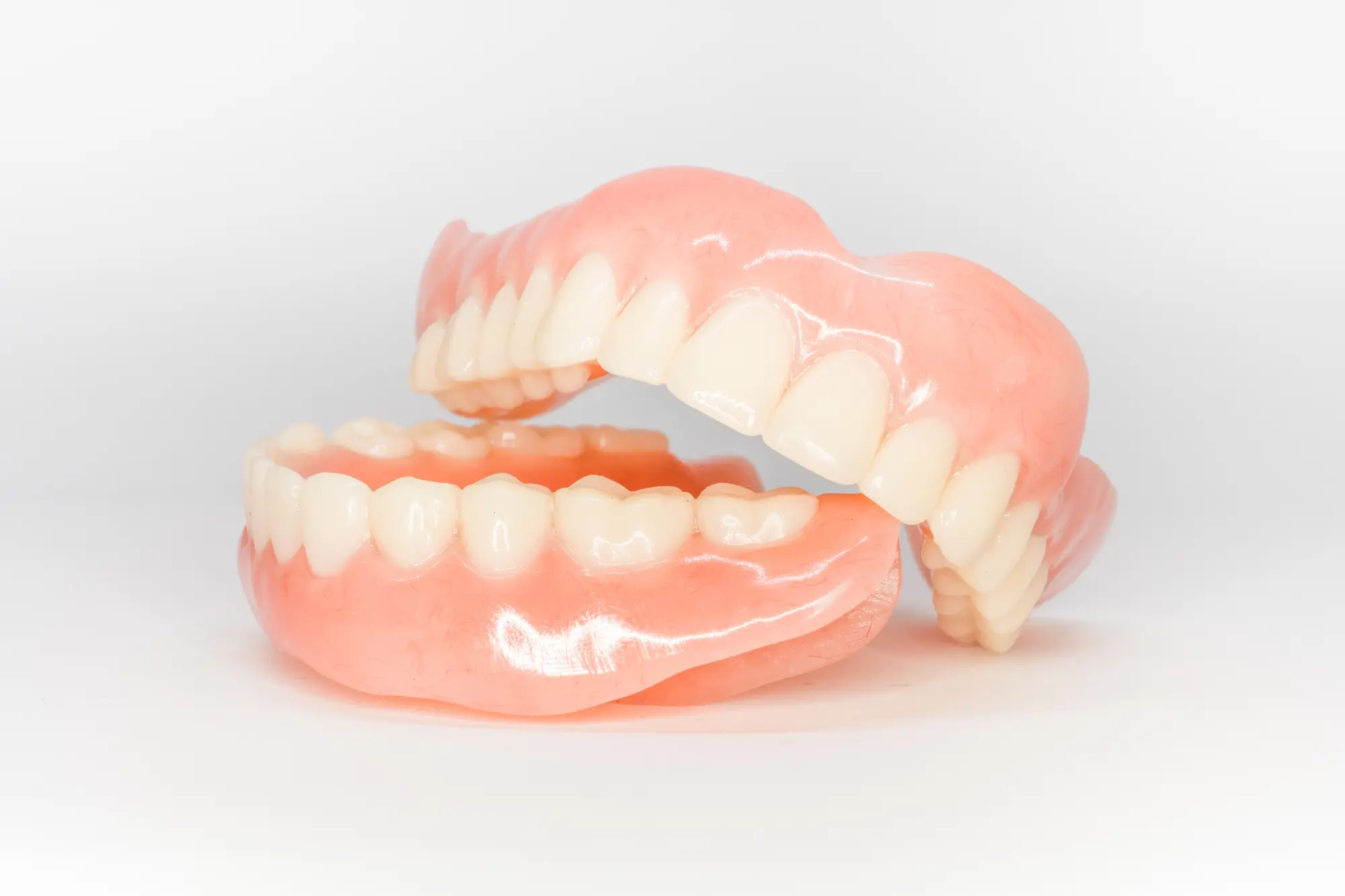What's the big deal?
You find yourself in a situation where one of your teeth needs to come out. Maybe it is the first one that you've ever had to part with, or this is a scenario you are familiar with. The question many patients have is, "Do I need to replace it?" The follow-up question usually relates to what options there are to do such a thing. The truth is that your decision to replace a missing tooth is individualized based upon your age, finances, mindset, and the location of the particular edentulous spot. From a standpoint of function and biting harmony, most teeth that are lost should be replaced. The consequences of a lost tooth that is not restored include shifting teeth, collapsing of your bite, and/or structural changes to the surrounding bone and skin of the lower third of your face. People often overlook the broader changes that can happen when teeth are lost. You have probably seen people in the past where you can tell from looking at their faces that they do not have all of their teeth. Their faces are sunken in and shortened in appearance. This is because as we lose back teeth, we sacrifice the needed posterior support for our bite. We begin to rely on our front teeth for chewing. These premolars, canines, and incisors are not meant to take on the workload that our molars are specifically made for. As a result, our remaining teeth will either chip, break, or move as a result of the forces being generated. Often times, the front teeth will flare forward and spaces will open between the teeth. Eventually these teeth will become loose and need to be removed. Dentures then need to be fabricated to allow a patient to chew their food. There tends to be a snowball effect once a tooth is lost and not replaced.






.png)




